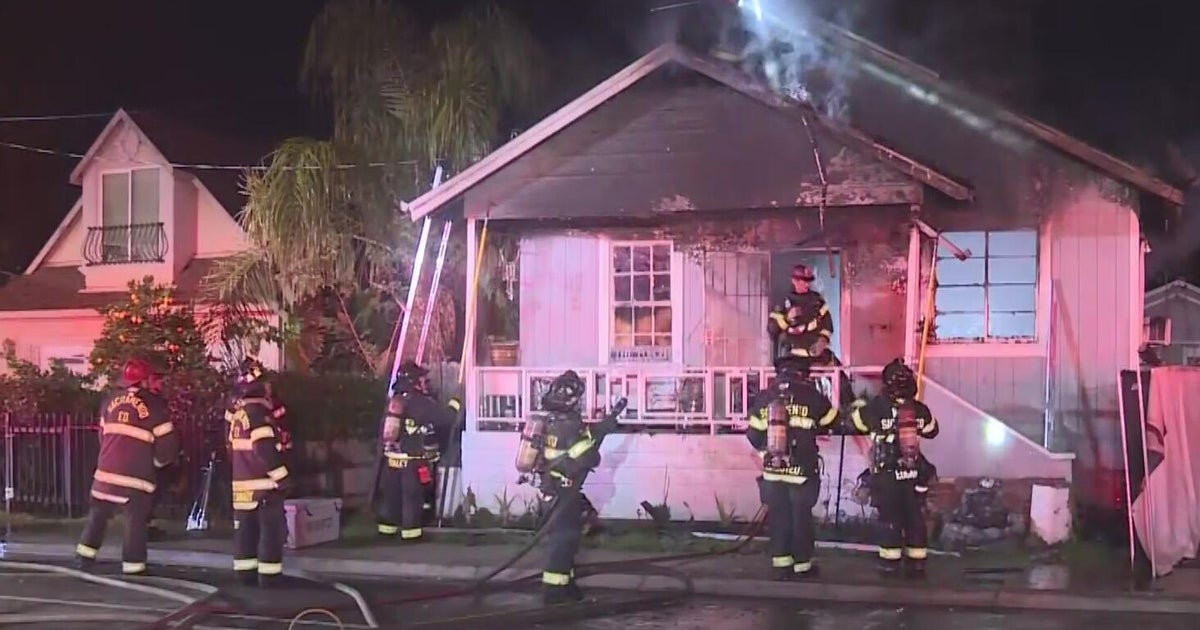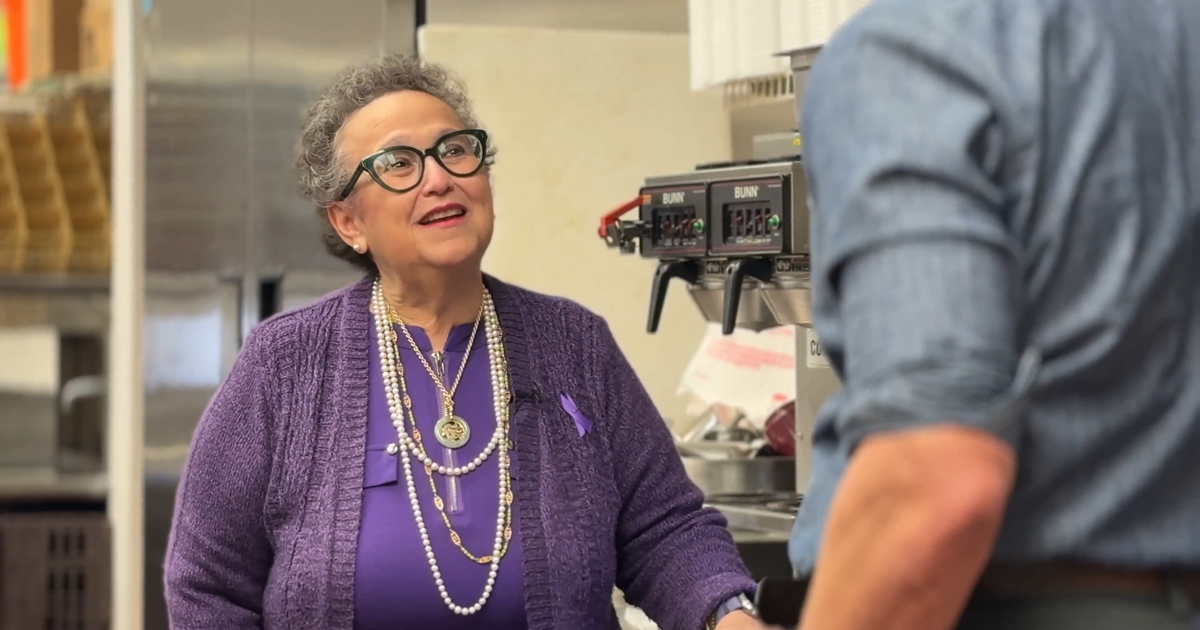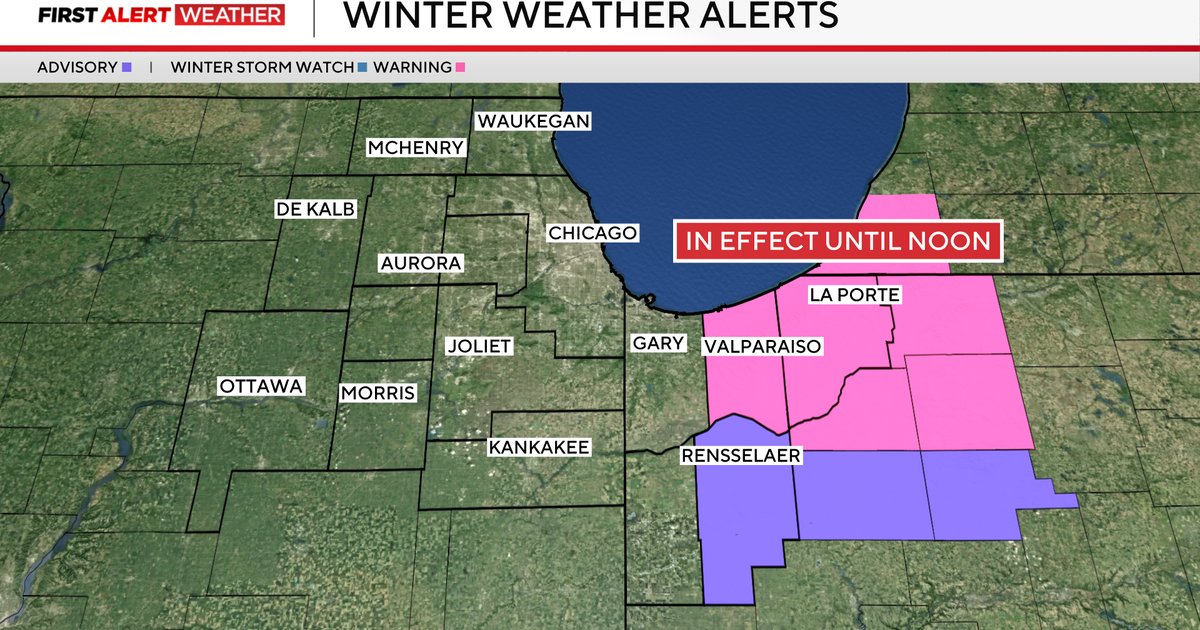UM: Decline In Smoking Saves 800,000 Lives Over 25 Years
ANN ARBOR -- Rafael Meza, assistant professor at the University of Michigan School of Public Health, is a co-author on a collaborative study released Wednesday that found that tobacco control policies in the United States prevented 795,000 lung cancer deaths from 1975 to 2000.
The paper came out of the Lung Cancer Group of the Cancer Intervention and Surveillance Modeling Network, and Meza has been a member since 2006. The CISNET groups used statistical models to estimate the impact on lung cancer deaths of changes in smoking patterns due to tobacco control efforts.
The paper, "Impact of reduced tobacco smoking on lung cancer mortality in the United States during 1975–2000," appears in the Journal of the National Cancer Institute. Meza, formerly a postdoctoral fellow at the Seattle-based Fred Hutchinson Cancer Research Center, joined U-M last fall.
At the Hutchinson Center, Meza helped develop one of the models used in this analysis. He also developed a lung cancer risk prediction model that is the smoking dose-response module in many of the other CISNET lung models.
Currently, the CISNET lung group is working on extending their analyses to predict lung cancer mortality rates in the United States to at least 2050. Meza said the groups are also studying the efficacy of lung cancer screening for current and former smokers in different age and exposure level groups, based on the results of benefit for spiral CT screening found in the National Lung Cancer Screening Trial. Meza is one of the principal Investigators of the project.
CISNET is funded by the National Cancer Institute, part of the National Institutes of Health.
To read the study, visit www.oxfordjournals.org/our_journals/jnci/press_releases/moolgavkardjs136.pdf.







